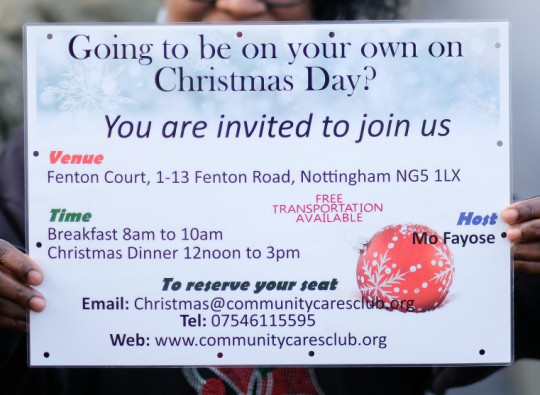Defending basic rights in lock-down Germany
Guest post by Sabine Beppler, Berlin. The German historian Dr René Schlott has launched an initiative called ‘Grundgesetz a casa’ (constitution at home). He writes: Many of our basic rights as citizens have been severely restricted, and it is frightening to see how fast we can get used to this. Though forced to stay at home, he calls on people to defend their basic rights. ‘Grundgesetz a casa’ hopes that as many people as possible will join the campaign. They can do this by reading out an article from the German constitution (Basic Law), explaining why it must be defended. People who don’t…

